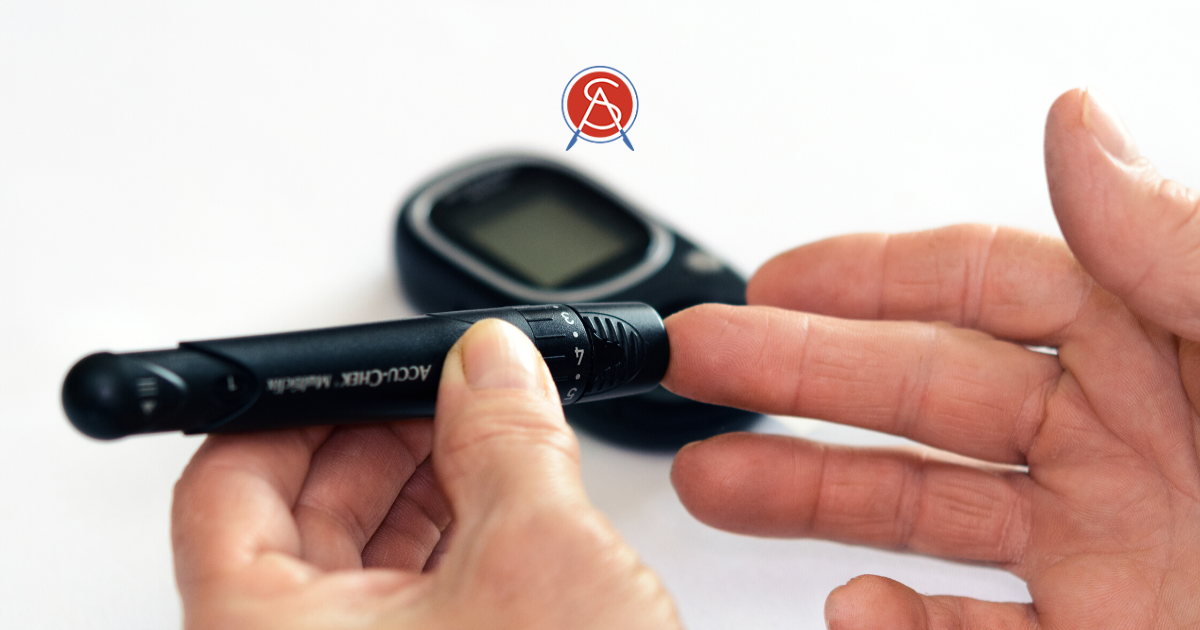Diabetes has been definitively linked to obesity. In fact, due to the excess weight and obesity epidemic in the United States, it is estimated that by 2050, up to 33% of all Americans could have diabetes.
Further, with even younger people becoming obese, diabetes has become a problem for young adults and even adolescents that were at far lower risk in the past. The result is a life of needing blood sugar control medication, yo-yo-dieting and experiencing medical complications associated with elevated blood sugar. Further, COVID-19 has shown us that diabetes can even affect our ability to fight off infections and viruses. Recent research has shown poor outcomes in people hospitalized for COVID-19 who also have diabetes.
Diabetes is a particularly insidious disease. By the time a patient experiences symptoms, they may already have significant diabetes-related conditions such as neuropathy, glaucoma, poor circulation, cardiovascular disease and more – each of which can be debilitating or life threatening. It is for this reason that diabetes is called the silent killer.
What Are the Treatment Options?
While medication and insulin can control diabetes, the definitive treatment for putting diabetes into remission is weight loss surgery. Not only does the weight loss itself allow for better control of blood sugar, but also hormonal and metabolic changes as a result of surgery increase the chance that type-two diabetes gets under control within days or weeks of surgery.
For those suffering from uncontrolled, or particularly severe diabetes, the gastric bypass may be the best surgical option. In most bypass patients, diabetes can go into remission within just a few days of surgery, even before they have lost a significant amount of weight. We believe the malabsorptive portion of the gastric bypass changes hormonal patterns and gut flora to restore blood sugar control quickly.
The gastric bypass is so effective for those suffering from type-two diabetes, that there is a significant contingent of the medical community researching bypass surgery even for those who are not suffering from obesity. Current guidelines require a BMI of 35 or more with one or more comorbidities or 40 or more without co-morbidities. We hope that in the future, even those who have a BMI under 35, but have severe diabetes, can benefit from this life-changing procedure.
Stay tuned for more blog posts on why bariatric surgery works and who is best suited to take advantage of its benefits. In the meantime, we encourage you to watch our online seminar or visit us for an in-person seminar. Subsequently we will contact you to schedule a consultation with one of our surgeons to learn more about whether you qualify for bariatric surgery and if so, which procedure might be best for you.











